Japan seems to never learn from history.
On Tuesday, the Japanese government unveiled export control measures on 23 types of chipmaking equipment, aligning its trade rules with a U.S. move to curb China's ability to make advanced chips.
Japanese Prime Minister Fumio Kishida also met the chief executives of the world's largest chipmakers, including Intel, Micron and TSMC, last week hoping to boost its domestic semiconductor industry.
The big question, however, is this: Can Tokyo's dream of revitalizing its chip industry come true by serving as Washington's pawn and cutting off close ties with Beijing in the chip sector?
History offers a clue.
Japan used to be a semiconductor powerhouse in the global market. But since the 1980s, its chip industry has been suppressed by the United States and has gradually shrunk.
Back then, Washington, which viewed Japan's booming semiconductor industry as a threat, resorted to a slew of measures, including trade sanctions, to hammer Japanese companies. As a result, Japan lost its edge in semiconductors to the United States.
In recent years, even Toshiba had to sell its chip facilities to U.S. chipmaker Micron.
It is fair to say that Japan's chip industry was a victim of coercion by the United States.
And, given that Washington had not permitted Tokyo to maintain its chip prowess in the late 1980s, how will the U.S. government allow it to do so in future?
Tokyo should keep in mind that Washington's ultimate goal is to maintain its chip leadership, and it does not want that position to be threatened by anyone, no matter whether it is China or Japan.
Amid such a backdrop, the most pragmatic and effective way to grow Japan's chip industry, in fact, is deepening ties with China, the world's largest semiconductor market that is highly complementary to Japan in industrial resources and structures.
China has the world's largest consumer and technology market, which are of great appeal to Japanese companies. The two countries' production and supply systems are also strongly linked. For instance, a large number of Japanese companies have built factories in China. Japanese semiconductor materials companies also import a large amount of important raw materials from China and have established a huge supply chain system in the country.
The Chinese mainland is the largest export destination for Japanese chipmaking equipment manufacturers. In 2022, such exports from Japan to the mainland hit 820 billion yen ($5.9 billion) — exceeding 30 percent of Japan's total chipmaking equipment exports, according to the Chinese Academy of International Trade and Economic Cooperation.
More important, Japan exports almost double the amount of U.S. exports in the same sector to the Chinese mainland, which, by the way, means that Japan will lose more from export restrictions to China than the U.S. does.
For Japanese manufacturers in general, income from the Chinese mainland accounts for as high as 20-30 percent of their total income. For instance, for Tokyo Electron Co Ltd, Japan's largest semiconductor equipment maker, the mainland accounted for about 25 percent of its total net sales in fiscal year 2022.
China and Japan, in fact, have the potential to work for a new vision of economic and technological cooperation. As members of the Regional Comprehensive Economic Partnership, China and Japan will expand the proportion of zero-tariff goods exported to each other to 86 percent from 8 percent. The tariff reduction will certainly deepen cooperation in the semiconductor industry and serve its upstream and downstream industries.
As an Asian nation, Japan should know that serving as a strategic chess piece in the U.S.' global and regional playbook is tantamount to bringing a wolf to the door.
Instead, by deepening ties with China, Japan can grow in its competitiveness in the global semiconductor market despite headwinds such as an overall decline across the industry.
Cutting off close ties with China will, however, backfire on Japan's chip industry. No country, Japan included, will emerge as a winner in the U.S. chip war.











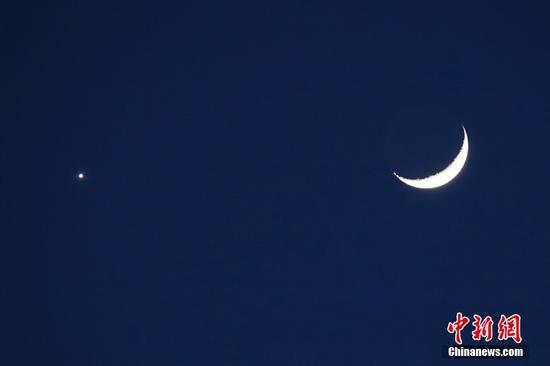



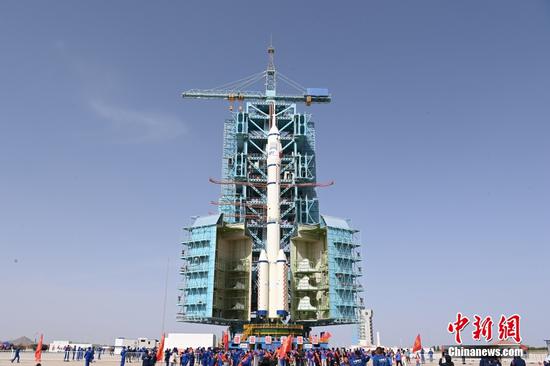
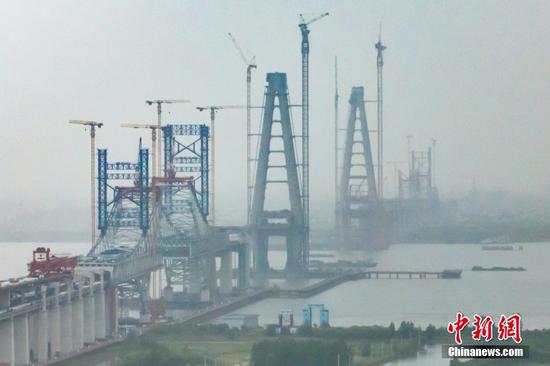


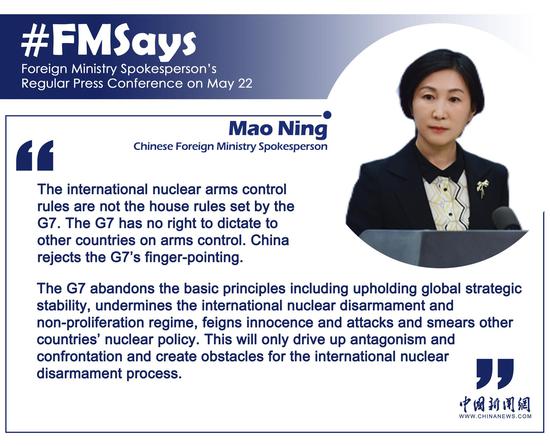

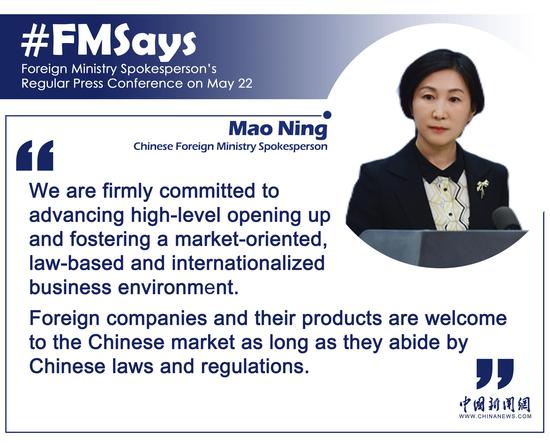

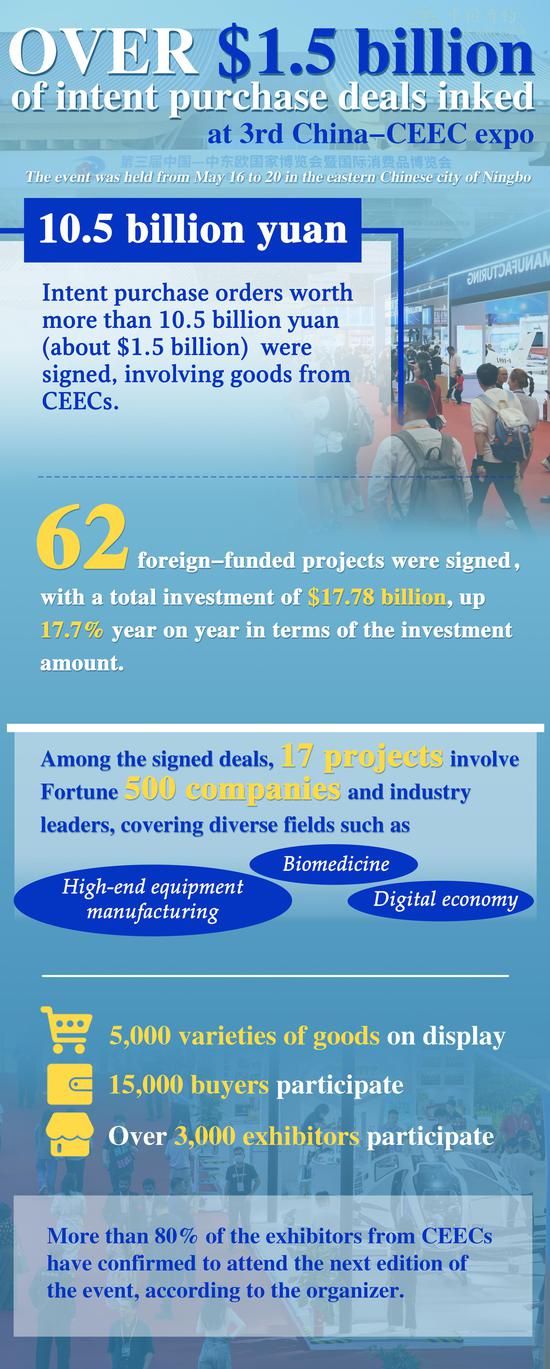


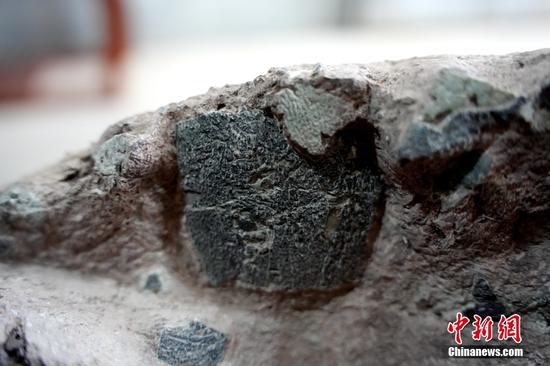

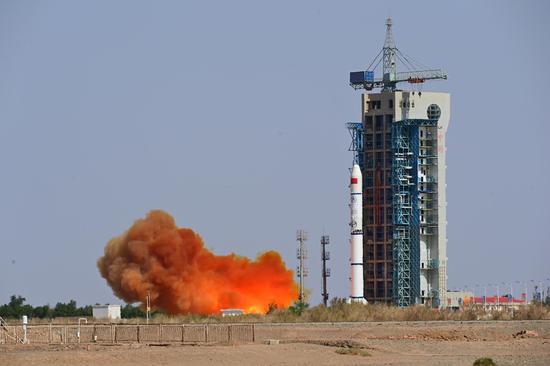

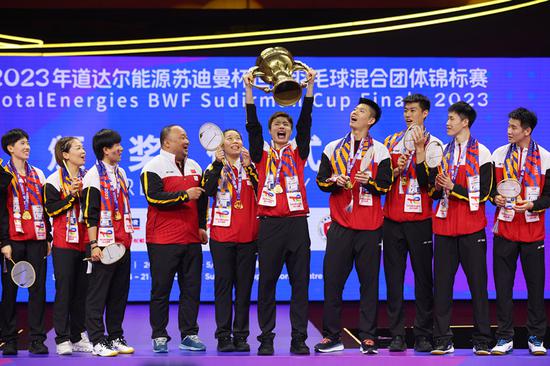
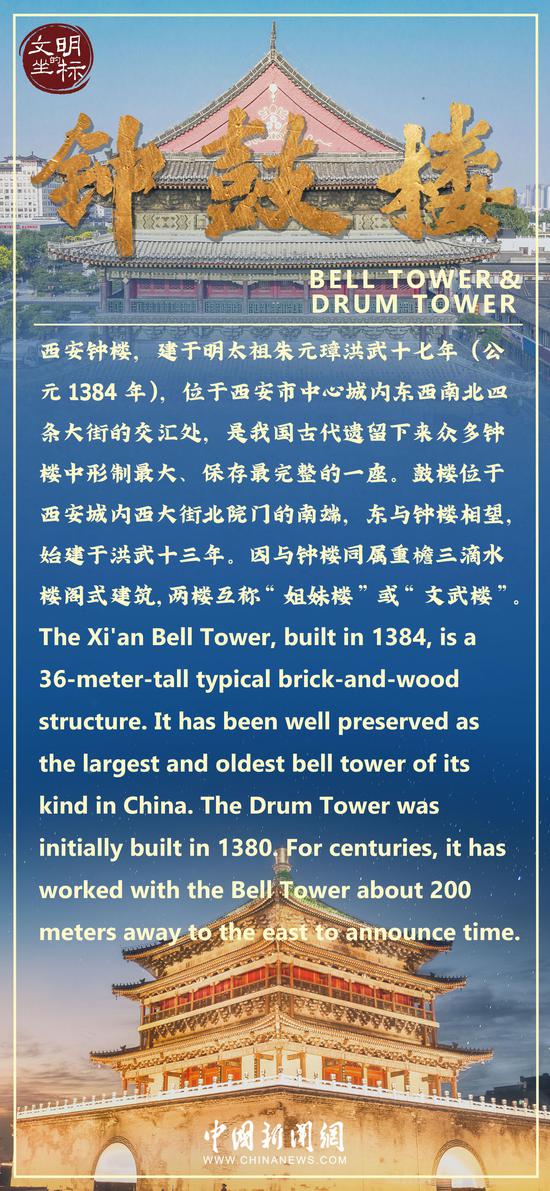
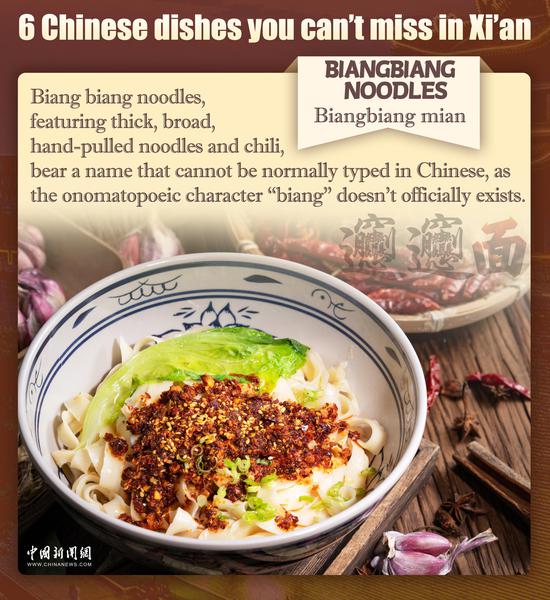


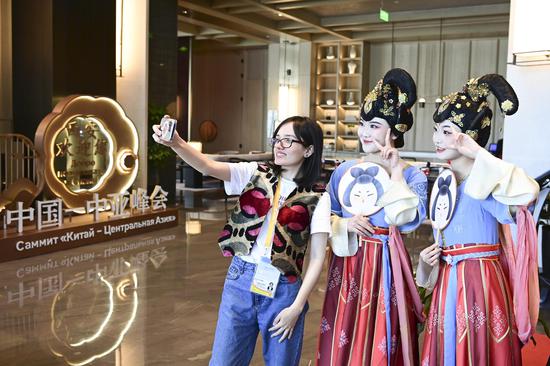
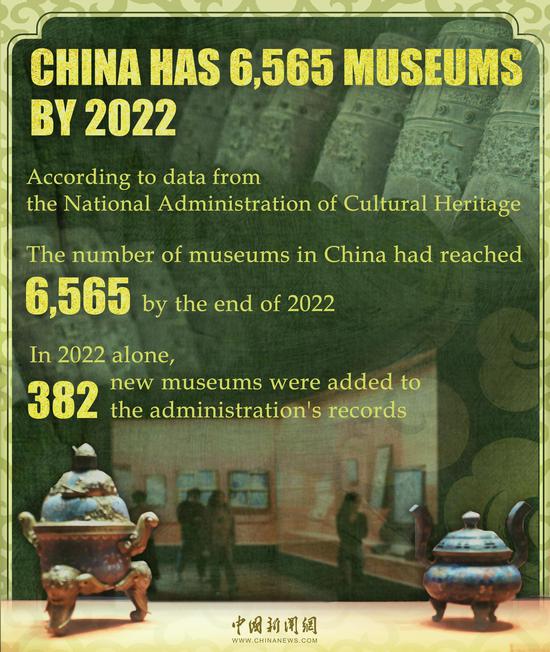


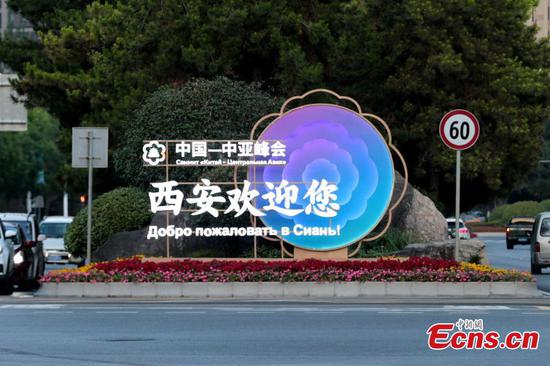



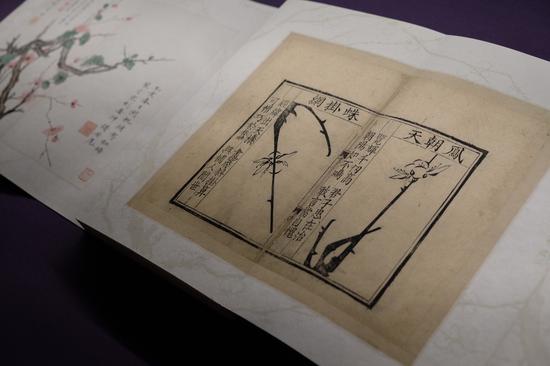
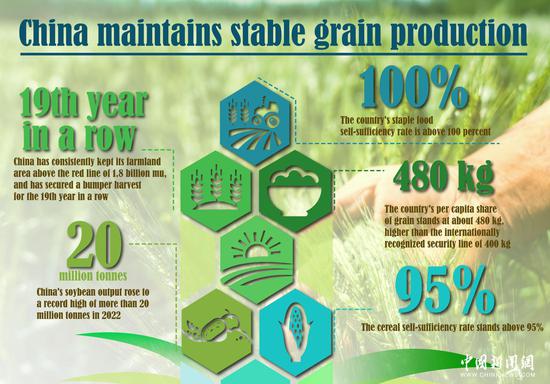





 京公网安备 11010202009201号
京公网安备 11010202009201号